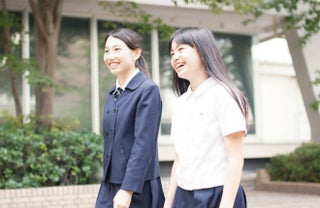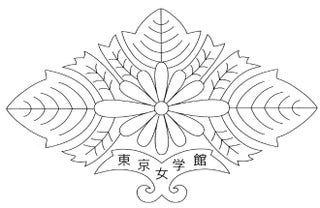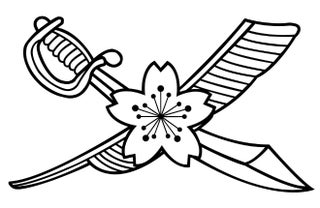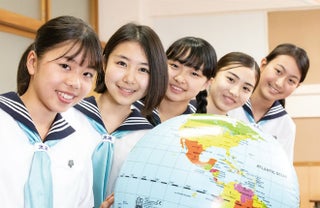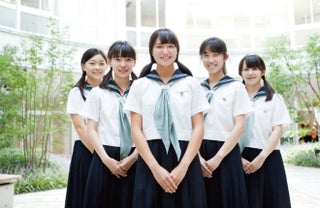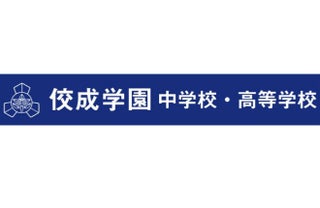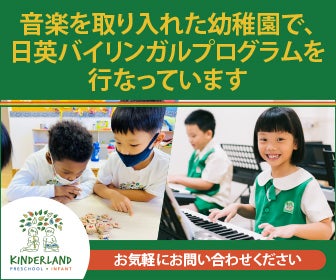~Be bold while you are young!~
Springでは、日本や海外の大学で学ぶ経験のあるシンガポール人の方に、日本で学ぶことの魅力や日本・日本語への興味についてお話を聞いています。
シリーズ第6回目は、東京工業大学に留学した経験を持ち、現在「シンガポール留日大学卒業生協会(Japanese University Graduates Association of Singapore、以下JUGAS)」の代表をされている、イー・ジェンエンさんにお話を伺いました。
Name: Yee Jenn En

"Be bold, attempt the less trodden path and get a whole new different life experience while you are young"
Current Post:
President, The Japanese University Graduates Association of Singapore (JUGAS)
Education History:
- Temasek Primary School
- Dunman High School
- Temasek Junior College
- Tokyo Institute of Technology
Q. You currently serve as the President of The Japanese University Graduates Association of Singapore (JUGAS). Please describe its brief history and mission.
JUGAS was formed in 1970 as an alumni association for non-Japanese who graduated from any Japanese university. We started with only a handful of founding members but has since grown to become a well-respected alumni group with over 430 members. As the key representative organisation for these graduates from Japanese universities, JUGAS's key role is to provide them with relevant social and cultural activities, as well as to promote and safeguard their common interests. In addition, JUGAS is very active in promoting bilateral exchanges between Singapore and Japan. For that effort, we were awarded the Japanese Foreign Minister's Commendations (日本国外務大臣表彰) in 2005.
Because of our heritage, JUGAS places paramount importance in the promotion of Japan as a destination of choice for higher education. In 2010, we set up the JUGAS Education Fund, with an aim of sponsoring Singaporean students to pursue their higher education in Japan.
Since then, the number of scholarship programmes which JUGAS funds, promotes or supports has grown to a total of 3, including the JUGAS/Nagoya University Scholarship, the JUGAS/ University of Tokyo Supplementary Scholarship and MEXT-ASCOJA※ Scholarship. These scholarships could support up to 8 Singaporean scholars yearly.
※Ministry of Education, Culture, Sports, Science And Technology Japan, - Asean Council of Japan Alumni
Q: Please tell us how JUGAS plans to further contribute to Singapore-Japan relationship.
Our goal at JUGAS is to see more Singaporean students furthering their studies in Japan. That was why we set up the JUGAS Education Fund in 2010. Not only can this help to deepen bilateral ties between our two countries, we also believe that graduates from Japan can bring home a very different international perspective in comparison to the mainstream Anglophone education experience of most Singaporeans.
Q: Can you also tell us about your own study and life in Japan?
When I was finishing JC, I was offered the Monbusho (former Monbukagakusho, the Ministry of Education, Culture, Sports, Science and Technology) Scholarship through the Singapore government. I wanted to major in electronic engineering and Japan was then regarded as the world leader in that field. As a teenager whose best chance of studying overseas was to be on a scholarship, I readily took up this opportunity.
Going to Japan was a significant decision in my life. Since graduation, many of my commitments and work are in some ways related to Japan, such as my role here at JUGAS.
Living in Japan as a young adult was a life-changing experience. It was during my years in Japan that I first realised how different the world was outside of Singapore. For example, it was when I entered university after a year in the Japanese preparatory school that the social norms of respecting the senpai-kohai (senior-junior) social hierarchy became more apparent. On one occasion, I was shocked when I was scolded by a Japanese senpai during a drinking session for being disrespectful to him. As you probably know, such social norm is almost non-existent in Singapore and reserved only for the very senior or well-respected members of society. But once I understood its significance and how it was quite core to the Japanese social fabric, I was able to appreciate the values behind it.
This kind of cultural experience helped me a lot later in my career. In the global economy where we need to work with people from all around the world, cultural quotient (cultural intelligence) has become a critical life skill.
In terms of academic achievement, I studied electrical and electronic engineering at Tokyo Institute of Technology. The rigorous curriculum at TIT helped to build a strong technical knowledge foundation, while the strong alumni network can be helpful to one's career.
 Nihongo de Asobou is an annual event organised by JUGAS where learners of the Japanese language participate in games conducted fully in Japanese. Oct 2016. (at the centre in the front row, holding the SJ50 logo.)
Nihongo de Asobou is an annual event organised by JUGAS where learners of the Japanese language participate in games conducted fully in Japanese. Oct 2016. (at the centre in the front row, holding the SJ50 logo.)Q: It seems you went to study in Japan without much knowledge of its language and culture.
Indeed, I knew little about Japanese culture before going to Japan. It was the 90s then and there wasn't much of JPop, anime or Japanese food culture in Singapore. The most popular anime then was probably 小叮? (not yet known as Doraemon back then) and most famous Japanese food was instant ramen! As such, it was an eye-opening experience during my first year in Japan.
Formal Japanese language education for me started during my first year in Japan at the then Osaka University for Foreign Studies, where I underwent a one-year preparatory course before applying to enter a Japanese university. Back then, learning Japanese was a prerequisite to entering a Japanese university, which is not necessarily the case nowadays.
The most dificult part of the Japanese language for me was probably the complex system of honorifics, situational nuances and subtleties. My only consolation is that my Japanese friends also tell me they sometimes can't get it right themselves too!
 My class photo at the Japanese Language School of Osaka University for Foreign Studies, 1993.(2nd from the left)
My class photo at the Japanese Language School of Osaka University for Foreign Studies, 1993.(2nd from the left)In My Opinion…
Q: From your current position, how do you see the universities in Japan?
Japanese universities, especially the top-tier ones, still continue to engage in world-class cutting-edge R&D. Unfortunately, such information is not well-publicised over here due to the lack of news media coverage.
In the era of the globalised economy and declining domestic birth rate, Japanese higher education still has a long way to go to attracting enough talented international students to stay in the competition. The warning was clear when University of Tokyo lost their top Asian university ranking to NUS. The positive signs are that Japanese universities have increasingly recognised this and are doing something about it. Further concerted efforts at the national level would be beneficial to address this challenge.
Q: Any message to students studying Japanese, or those considering to study in Japan?
For students of the Japanese language, there is no better place to learn Japanese and appreciate the true essence of language than in Japan itself.
For most Singaporeans, practical and economic reasons usually lead to a choice of studying locally or at an English-speaking country. However, there are many English-based programmes offered by Japanese universities these days and the number is on the rise. In terms of quality of education, I consider Japanese universities still on par with leading industrialised nations. Therefore, my advice to students is to be bold, attempt the less trodden path and get a whole new different life experience while still young. You will be surprised where life leads you thereafter.








.jpg?optimize&width=320)
